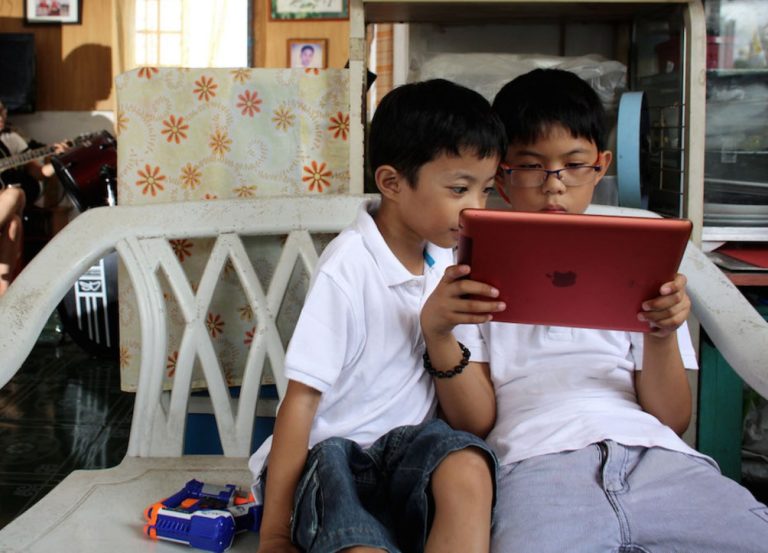
Covid Myths: Fact or Fiction?
In late April, United States President Donald Trump suggested that introducing disinfectant into the body could help kill the coronavirus.
Information to help you and your family live long, happy and healthy lives
Also called: 2019-nCov, 2019 Novel Coronavirus
Coronaviruses (Latin. Corona = “wreath, crown”, from characteristic club-shaped spikes that project from their surface) are a large family of viruses which may cause illness in animals or humans. In humans, several coronaviruses are known to cause respiratory infections ranging from the common cold to more severe diseases such as Middle East Respiratory Syndrome (MERS) and Severe Acute Respiratory Syndrome (SARS).
The most recently discovered coronavirus causes the coronavirus disease, COVID-19, an illness that can affect your lungs and airways. The COVID-19 virus spreads primarily through droplets of saliva (spit) or discharge from the nose when an infected person speaks, coughs or sneezes.
Most people infected with the COVID-19 virus will experience mild to moderate respiratory illness and recover without requiring special treatment. The most common symptoms of COVID-19 are fever, dry cough, and tiredness. Some patients may have aches and pains, nasal congestion, sore throat or diarrhea. These symptoms are usually mild and begin gradually. Some people become infected but only have very mild symptoms.
However, anyone can catch COVID-19 and become seriously ill. Even people with very mild symptoms of COVID-19 can transmit the virus. People of all ages who experience fever, cough and difficulty breathing should seek immediate medical attention.
As with other respiratory infections like the flu or the common cold, public health measures are critical to slow the spread of illnesses. Public health measures are everyday preventive actions that include:
To date, there is no vaccine and no specific antiviral medicines against COVID-19. Mild symptoms can usually be treated at home. If your symptoms are severe, medical care may be needed until you recover. However, people with serious illness may need to be hospitalized so that they can receive life-saving treatment for complications. Most patients recover thanks to such care.
Possible vaccines and some specific drug treatments are currently being explored. They are being tested through clinical trials in many countries, and global organizations, such as the WHO, are coordinating efforts to develop vaccines and medicines to prevent and treat COVID-19.

In late April, United States President Donald Trump suggested that introducing disinfectant into the body could help kill the coronavirus.

Here are answers to some of the most commonly asked questions about the link between heart disease and COVID-19.

Affection and acceptance from family, surrounding community, and society are the wishes and hopes of the LGBTIQ+ community in Cambodia.

Learn about tools that are available for a better WFH experience and which are best for you.

Drinking too many energy drinks can have a negative impact on your health.

Watch your children’s internet use and learn how to keep your children safe online.

Here are answers to some of the most commonly asked questions about being pregnant during the COVID-19 pandemic.

Nou Sopheamany: “I like to shrug my shoulders sometimes, but I think it’s kind of my habit and style. I don’t think it’s a tic or tourette.”

During the initial breakout of the Covid-19 pandemic, conflicting reports about the effectiveness of protective masks confused people around the world.

Social media has become one of the largest platforms for information sharing around the globe. When does the need to access this information go too far?

Keo Kounila: “It is easy to spot the success of someone, but people don’t know the failure behind the success.”

Doing exercises that fit your age and physical health can help ensure their long-term health benefits.
